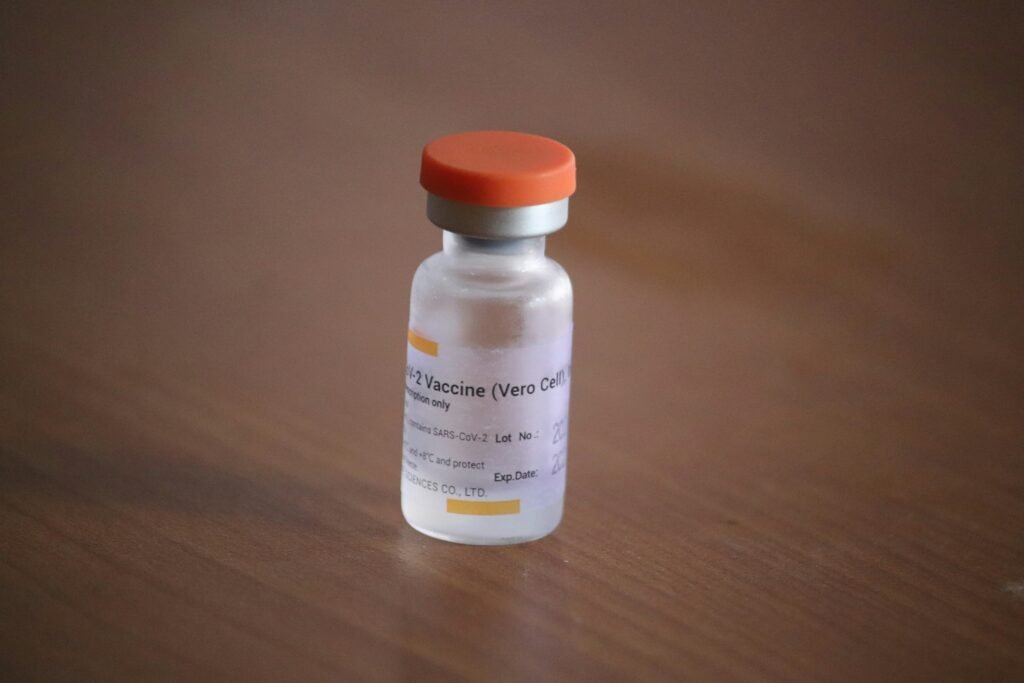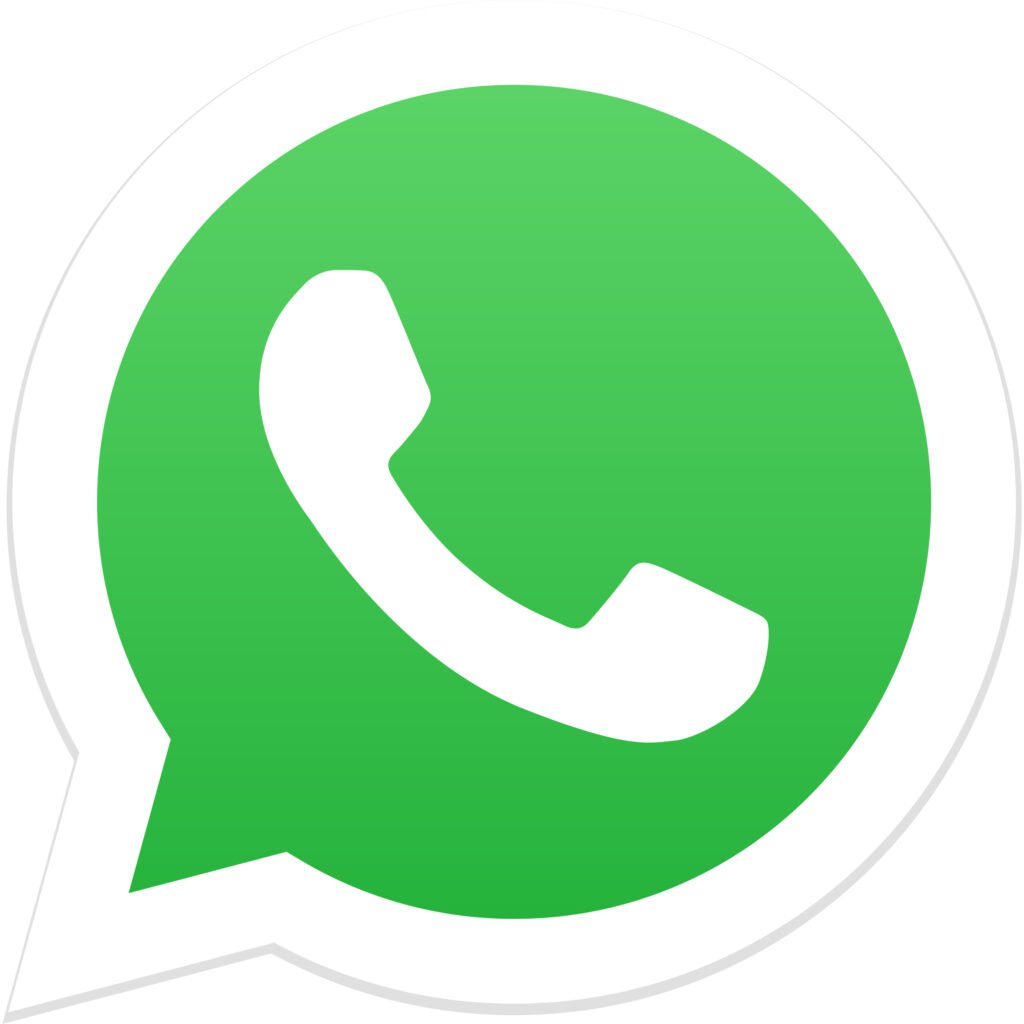The Digital Pulse: How Social Media is Transforming Healthcare
In today’s interconnected world, social media has become an integral part of our daily lives. From connecting with friends to sharing experiences, these platforms have revolutionized the way we communicate. But their impact extends far beyond personal interactions – social media is now playing a pivotal role in shaping the healthcare industry. At Namastetu Health, we recognize the profound influence of these digital platforms on patient care, medical education, and public health initiatives.
The Rise of Social Media in Healthcare
The adoption of social media in healthcare has been nothing short of remarkable. According to a study by the Pew Research Center, 72% of internet users search for health information online, with a significant portion turning to social media for guidance. This shift has compelled healthcare providers, institutions, and organizations to establish a strong online presence to meet patients where they are – in the digital realm.
Key Benefits of Social Media in Healthcare
- Enhanced Patient Engagement
Social media platforms offer healthcare providers unique opportunities to engage with patients beyond the confines of traditional medical settings. Through regular posts, live streams, and interactive Q&A sessions, healthcare professionals can:
- Share valuable health tips and preventive care information
- Address common health concerns and misconceptions
- Provide updates on new treatments and medical advancements
- Offer support and encouragement to patients managing chronic conditions
This ongoing engagement helps build trust, improves patient satisfaction, and ultimately leads to better health outcomes.
- Improved Health Literacy
One of the most significant advantages of social media in healthcare is its ability to improve health literacy among the general public. By presenting complex medical information in easily digestible formats such as infographics, short videos, and concise posts, healthcare providers can:
- Educate patients about various health conditions and treatments
- Promote healthy lifestyle choices and preventive measures
- Clarify misconceptions and combat misinformation
- Empower patients to make informed decisions about their health
As health literacy improves, patients become more proactive in managing their well-being, leading to better overall health outcomes and reduced healthcare costs.
- Rapid Dissemination of Critical Information
In times of public health crises or emergencies, social media serves as a powerful tool for quickly disseminating critical information. Healthcare organizations and government agencies can use these platforms to:
- Share real-time updates on disease outbreaks or natural disasters
- Provide emergency instructions and safety guidelines
- Coordinate relief efforts and mobilize resources
- Counter misinformation and rumors that may spread during crises
The COVID-19 pandemic has demonstrated the crucial role of social media in keeping the public informed and coordinating global response efforts.
- Enhanced Collaboration Among Healthcare Professionals
Social media platforms have revolutionized the way healthcare professionals collaborate and share knowledge. Platforms like LinkedIn, Twitter, and specialized medical networking sites enable:
- Rapid exchange of clinical experiences and best practices
- Discussion of complex cases and crowd-sourcing diagnoses
- Sharing of latest research findings and medical breakthroughs
- Networking and mentorship opportunities for young professionals
This enhanced collaboration leads to improved patient care and accelerates the pace of medical innovation.
- Patient Support and Community Building
For patients dealing with chronic conditions or rare diseases, social media offers invaluable support networks. These online communities provide:
- Emotional support and understanding from others facing similar challenges
- Practical advice on managing symptoms and navigating healthcare systems
- Opportunities to participate in clinical trials or research studies
- A platform to raise awareness about under-recognized health issues
These communities empower patients, reduce feelings of isolation, and often lead to better management of health conditions.
Challenges and Considerations
While the benefits of social media in healthcare are substantial, there are also significant challenges that need to be addressed:
- Privacy and Confidentiality Concerns
Maintaining patient privacy and adhering to regulations like HIPAA (Health Insurance Portability and Accountability Act) is crucial when using social media in healthcare. Healthcare providers must be vigilant about:
- Avoiding sharing any identifiable patient information
- Implementing strict social media policies for staff
- Educating patients about the risks of sharing personal health information online
- Using secure platforms for any direct patient communication
- Misinformation and “Dr. Google” Syndrome
The ease of sharing information on social media also means that misinformation can spread rapidly. Healthcare providers must:
- Actively combat health-related myths and false claims
- Provide credible, evidence-based information
- Educate patients on how to identify reliable health information online
- Encourage patients to consult healthcare professionals for personalized advice
- Professional Boundaries
Maintaining appropriate boundaries between healthcare providers and patients on social media is essential. Guidelines should be established for:
- Handling friend requests or follows from patients
- Responding to medical queries on public platforms
- Separating personal and professional social media accounts
- Maintaining a professional tone and image online
- Time and Resource Management
Effectively managing social media presence requires significant time and resources. Healthcare organizations need to:
- Develop comprehensive social media strategies
- Allocate dedicated staff for social media management
- Regularly create and curate high-quality content
- Monitor and respond to user interactions in a timely manner
- Measuring Impact and ROI
Quantifying the impact of social media efforts on health outcomes and return on investment (ROI) can be challenging. Healthcare organizations should:
- Establish clear goals and key performance indicators (KPIs)
- Utilize analytics tools to track engagement and reach
- Conduct surveys to assess patient satisfaction and health literacy improvements
- Correlate social media efforts with tangible health outcomes where possible
Best Practices for Healthcare Social Media
To maximize the benefits of social media while mitigating risks, healthcare organizations should follow these best practices:
- Develop a Comprehensive Social Media Strategy
- Define clear objectives aligned with overall organizational goals
- Identify target audiences and preferred platforms
- Create content calendars and posting schedules
- Establish guidelines for tone, voice, and branding
- Prioritize Patient Education and Engagement
- Share easy-to-understand health information regularly
- Use visuals like infographics and short videos to enhance engagement
- Host live Q&A sessions with healthcare experts
- Encourage patient stories and testimonials (with proper consent)
- Leverage Different Platforms Effectively
- Use Twitter for real-time updates and professional networking
- Utilize Facebook for community building and patient support groups
- Share visual content on Instagram to promote healthy lifestyles
- Use LinkedIn for professional development and industry insights
- Explore emerging platforms like TikTok to reach younger audiences
- Ensure Compliance and Protect Privacy
- Develop and enforce strict social media policies for staff
- Provide regular training on HIPAA compliance and online professionalism
- Implement approval processes for content before posting
- Use disclaimer statements where appropriate
- Foster Authenticity and Trust
- Humanize your brand by showcasing staff and behind-the-scenes content
- Respond promptly and empathetically to user comments and messages
- Address negative feedback professionally and constructively
- Be transparent about your organization’s values and initiatives
- Collaborate and Amplify
- Partner with influencers and patient advocates to extend reach
- Participate in relevant hashtag campaigns and health awareness days
- Share and comment on content from reputable health organizations
- Encourage staff to become thought leaders in their specialties
- Monitor, Measure, and Adapt
- Use social media analytics tools to track performance
- Conduct regular audits of your social media presence
- Stay updated on platform changes and emerging trends
- Continuously refine your strategy based on data and feedback
The Future of Social Media in Healthcare
As technology continues to evolve, the role of social media in healthcare is likely to expand further. Some emerging trends to watch include:
- Telemedicine Integration
Social media platforms may increasingly integrate with telemedicine services, allowing for seamless transitions from online interactions to virtual consultations.
- Artificial Intelligence and Chatbots
AI-powered chatbots on social media could provide instant responses to basic health queries, triage patients, and schedule appointments.
- Virtual Reality (VR) and Augmented Reality (AR)
Social platforms may incorporate VR and AR technologies to offer immersive health education experiences or virtual support group meetings.
- Blockchain for Data Security
Blockchain technology could enhance the security and privacy of health-related social media interactions, addressing current privacy concerns.
- Personalized Health Content
Advanced algorithms may enable highly personalized health content delivery based on users’ social media activity and health profiles.
Conclusion
The integration of social media into healthcare represents a paradigm shift in how we approach patient care, health education, and medical collaboration. While challenges exist, the potential benefits in terms of improved patient engagement, enhanced health literacy, and more efficient information dissemination are immense.
At Namastetu Health, we believe that embracing social media as a strategic tool in healthcare is no longer optional – it’s a necessity. By leveraging these platforms thoughtfully and responsibly, we can create more connected, informed, and empowered communities of patients and healthcare providers.
As we continue to navigate this digital healthcare landscape, it’s crucial to remain adaptive, ethical, and patient-centered in our approach. The future of healthcare is social, and by harnessing the power of these digital platforms, we can work towards a healthier, more informed world.





